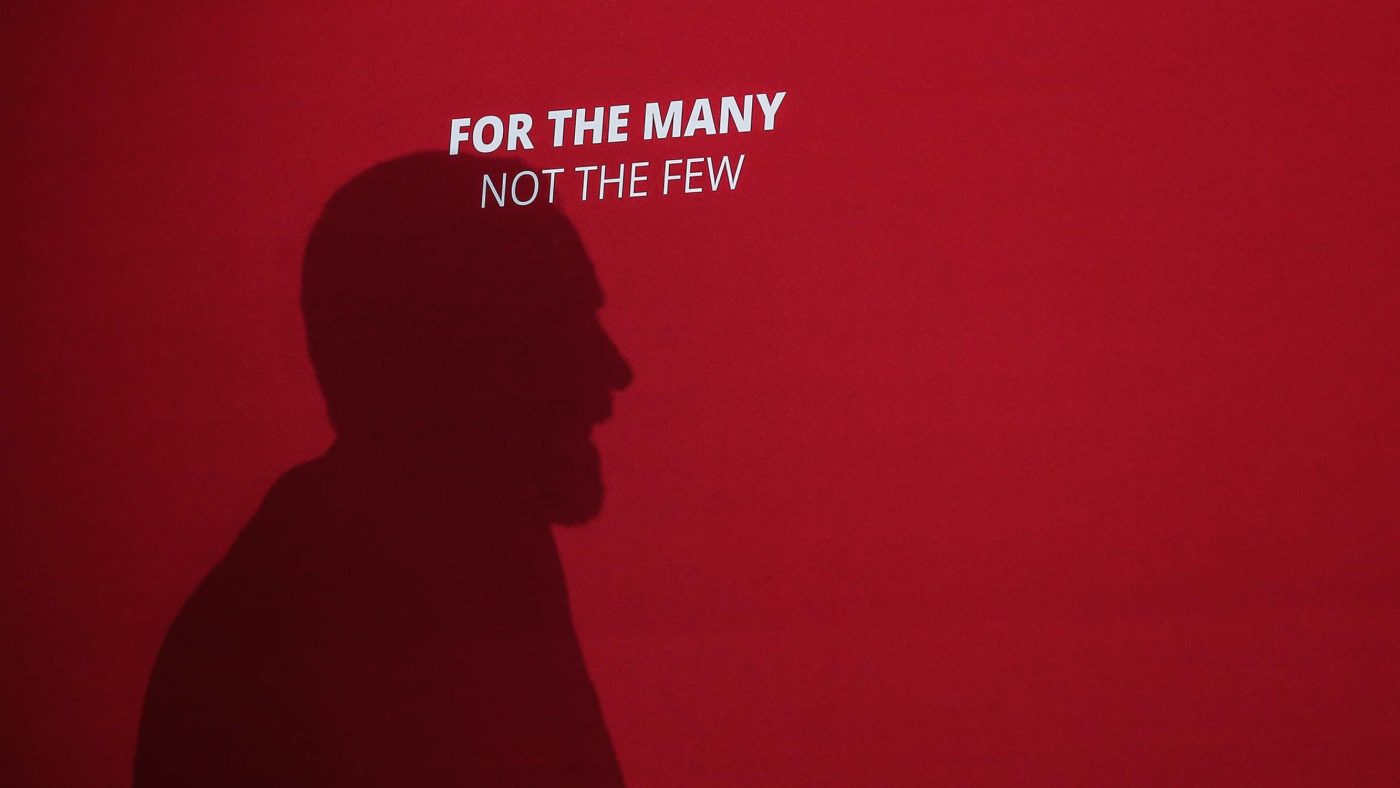It has been a difficult few weeks in which to carry the card of Europe’s largest party. Jeremy Corbyn’s anti-Semitism problem is not new, and the best thing that can be said about the latest row is that it may finally produce the reckoning within our ranks that we badly need.
But recent headlines have mostly left me and many Labour members like me wondering why we bother pay our monthly subscriptions. So, when I stumbled across Graeme Archer’s piece for CapX on the relinquishing of any claim Labour may have to moral authority, I felt doubly downcast to find myself at points nodding along with a committed Tory’s take on my party’s latest pathology.
Mr Archer and I disagree on many things. I do not, for example, agree that “the benefits of restraint in public spending…fall on the younger”. And his recasting of left-wing voices he disagrees with as aggrieved teenagers is more than a little bit patronising and ignores the Conservative Party’s many failings. That said, I can’t argue with much of Archer’s portrait of the party faithful’s reaction to the anti-Semitism scandal.
The obfuscations from Corbyn’s nearest and dearest, the doubling-down on the noxious trope that simple substitution of the word ‘Zionist’ for ‘Jew’ can neutralise blood libels and conspiracy canards, the absurd proposition that Corbyn simply hadn’t seen the tellingly lurid mural he took the time to comment on in solidarity, and all the disingenuous wrigglings of people who should (and do) know better should be mocked and exposed from all parts of the political spectrum.
Presiding over all this is a leader who has knocked about with so many cranks and bigots that he either isn’t able to recognise clearly racist material or simply doesn’t care. This is something myself and other Labour members have repeatedly tried to point out since the rush to his coronation in the heady summer of 2015, even if we’ve been shouted down and traduced along the way.
What I take issue with in Archer’s argument, and I think this reflects an essential difference between Britain’s two major parties, is the premise that membership or even electoral support of a political party must translate unambiguously into a wholesale approval of the current leadership. Labour is about more than Corbyn. And is worth fighting for.
I first joined the party in May 2015, committed to helping build a democratic socialist coalition of people and their representatives that can overturn post-2010 orthodoxies of austerity, Europhobia and mandated avarice without collapsing into the crankery that has flourished too freely under Corbyn’s watch.
I remain committed to all these objectives. Members have a far greater power to shape policy in Labour than in most other parties, and Jeremy Corbyn should not get in the way of our goals.
Joining a party, let alone simply voting for one, does not mean offering your support, carte blanche, to the leadership. Instead it offers a permanent challenge – represent me and those most closely aligned with me as adequately as you do those you’re more comfortable with, or we will do our best to build a consensus against you, and ultimately overturn you democratically.
Empowering Labour may empower Jeremy Corbyn, a dishonest and evasive politician, but it also empowers a large set of MPs, councillors and individual members. These are people of integrity and intelligence with a desire to change the country that is both analytic and compassionate, and, I believe, the will and capacity to constrain and guide the executive.
Building a strong bulwark of anti-cranks in the Labour party who are vocal about their opposition to the worst parts of Corbynism and are willing to convince other members of this position seems a more effective measure against anti-Semitism than what Graeme Archer seems to propose, which is to write off the UK’s official opposition as irrevocably, holistically tainted.
I’d like to see him pitch that to members of the Jewish Labour Movement and their affiliated activists who maintain a constructive commitment to the party, not to mention Jews in positions of prominence in factions from Progress to Momentum.
None of this changes the fact that, without a strong, concerted effort from himself and his camp to rebuild links with the Jewish community in sincerity and good faith, Corbyn’s position ought now to be untenable. I despair of those of Corbyn’s defenders who, even since his own admission of fault, continue to accuse Jews of maliciously smearing the dear leader. I also recognise that, as a movement founded on upholding values of fairness and equality, it is our duty to put our house in order before we deflect our failings onto our critics.
What I will never agree with is the idea that those who stay and fight for Labour should be tarnished by Corbyn and treated as lepers for their efforts to restore sanity to a great institution. The “adult” politics that Mr Archer deigns to educate us on do not operate on the principle of guilt by association.


